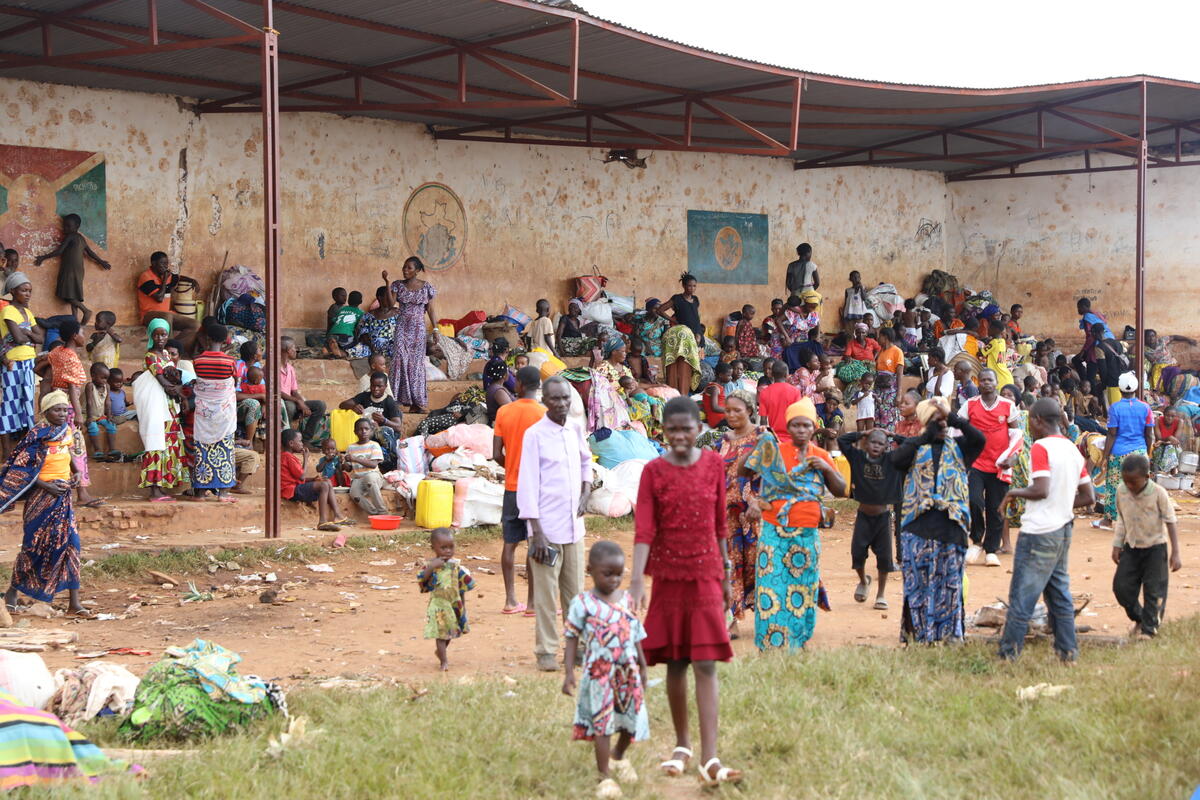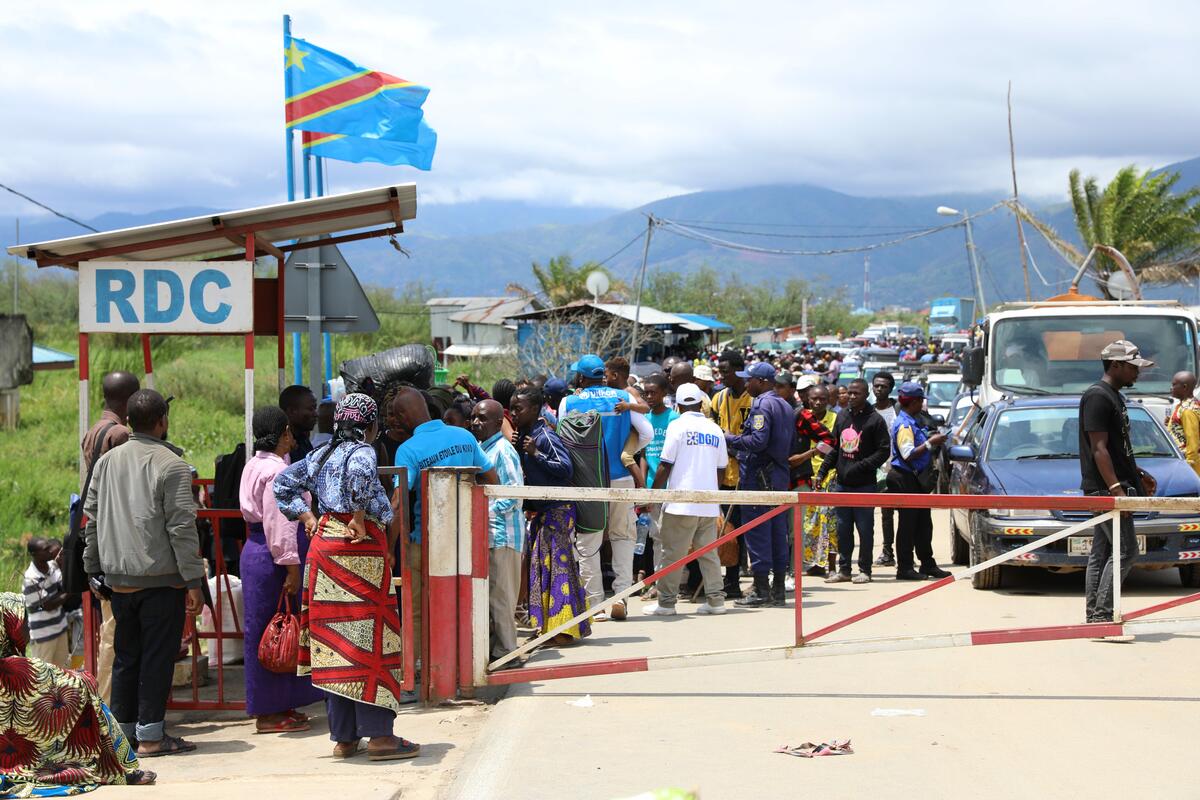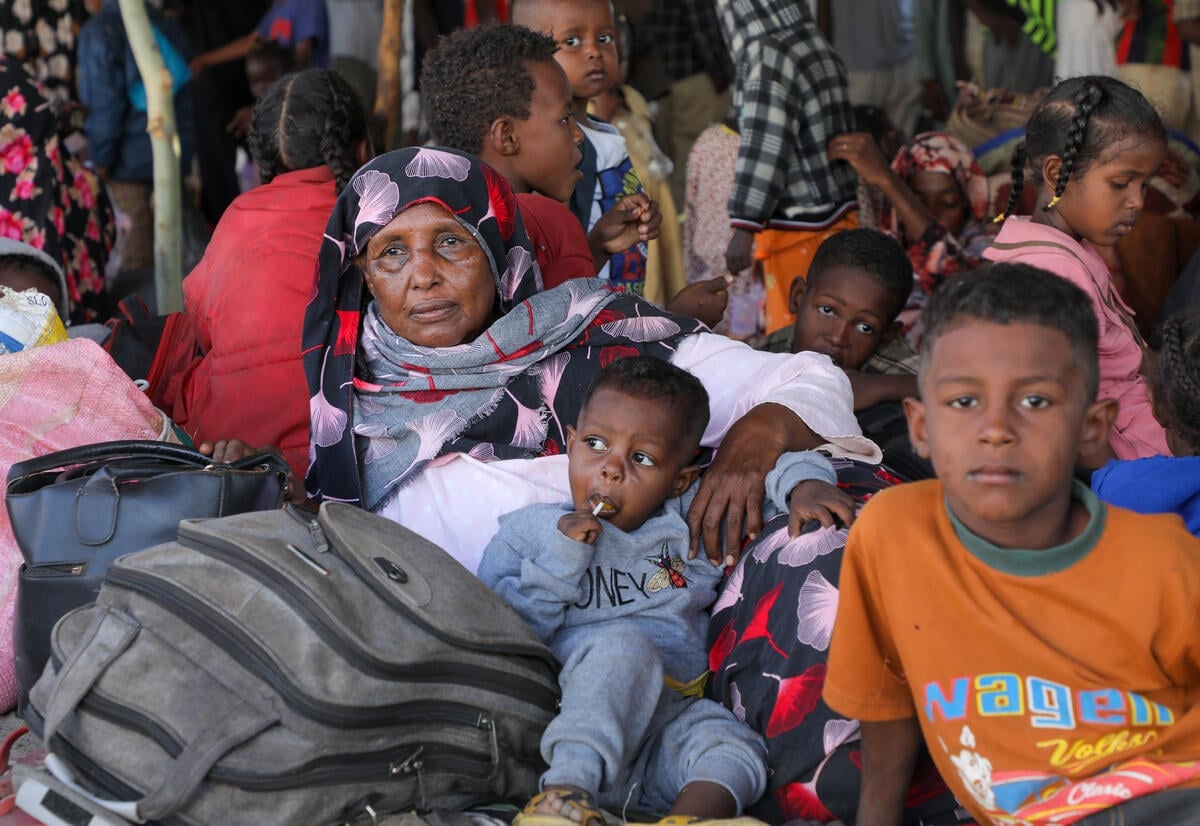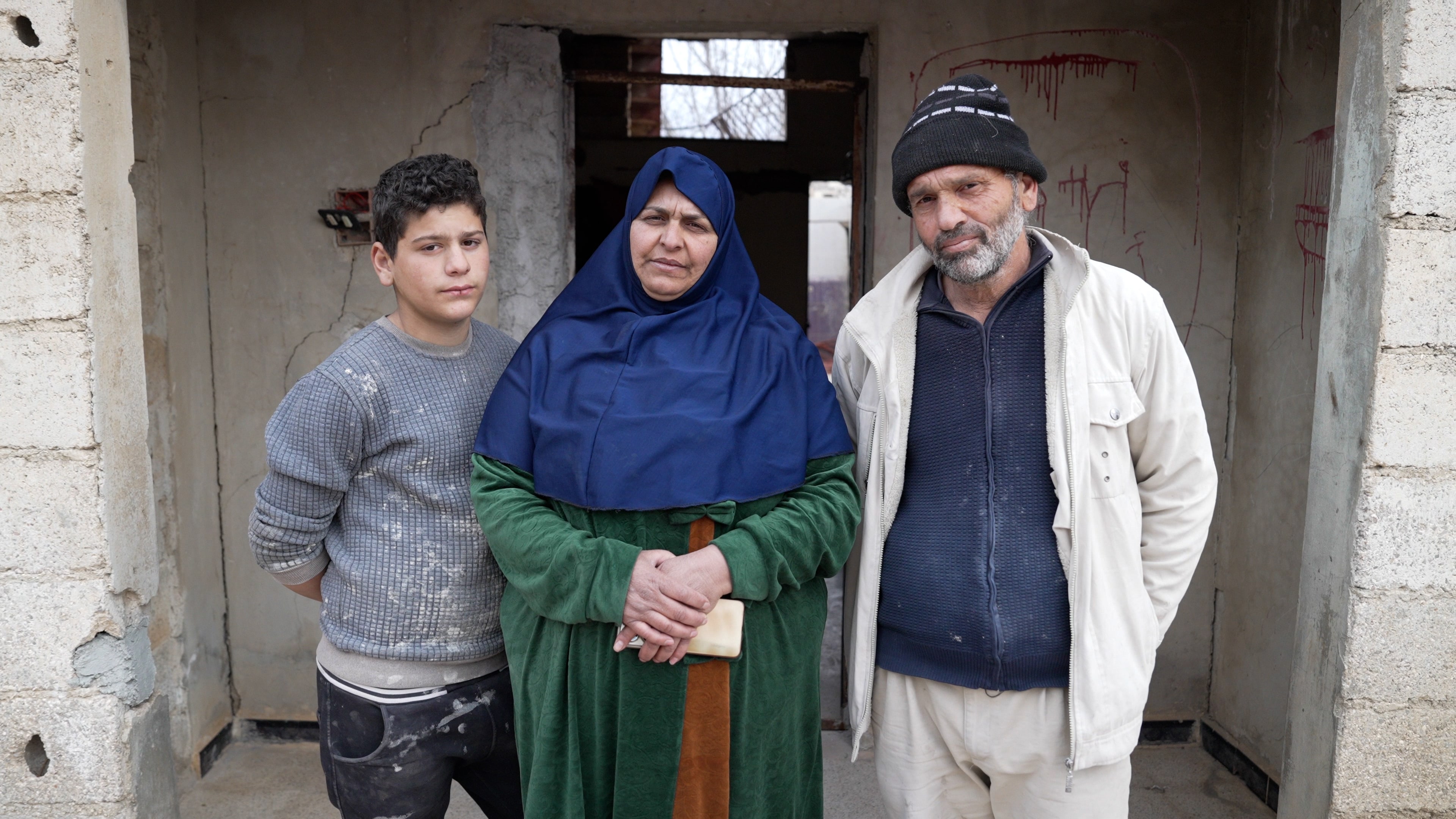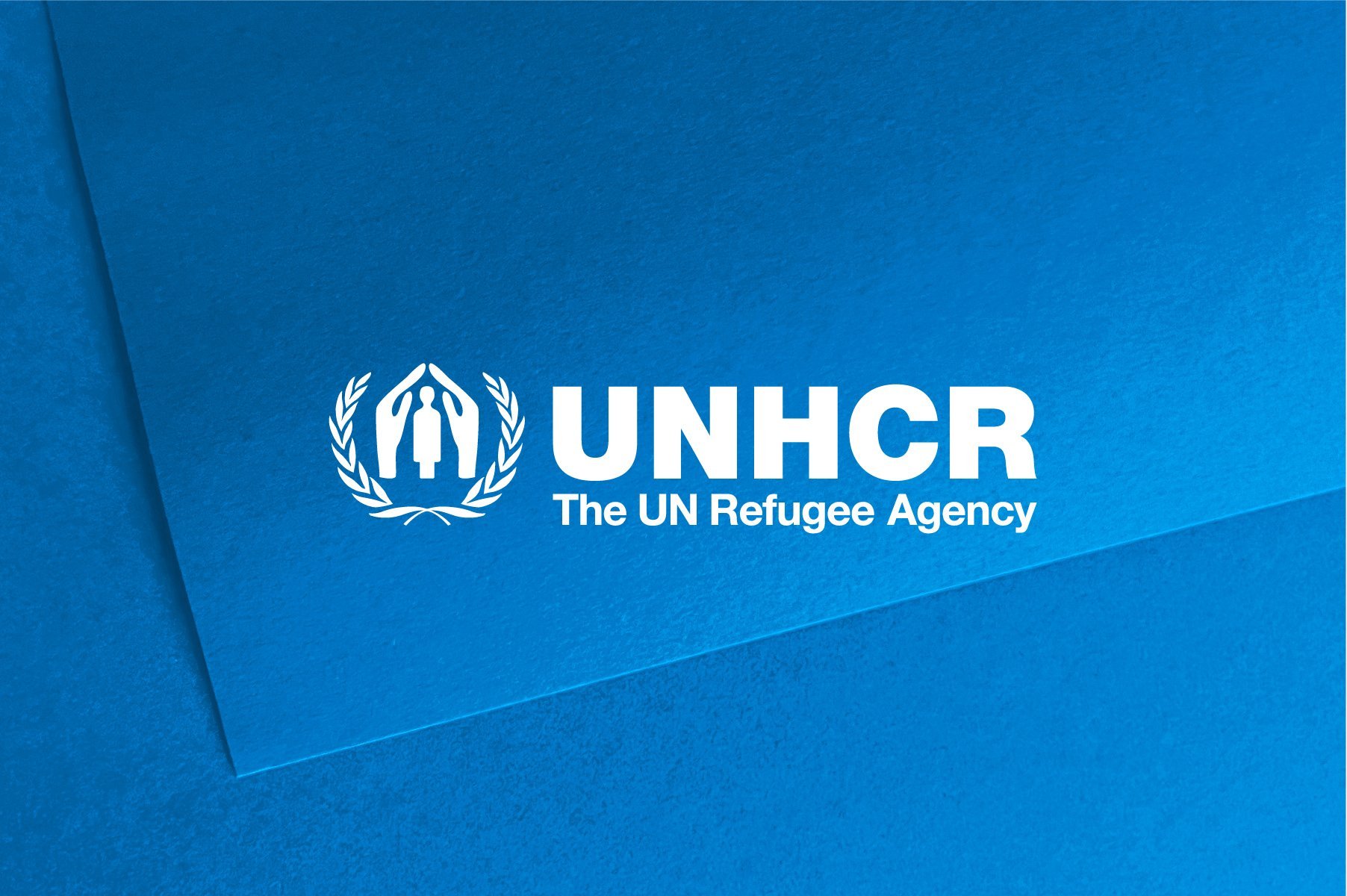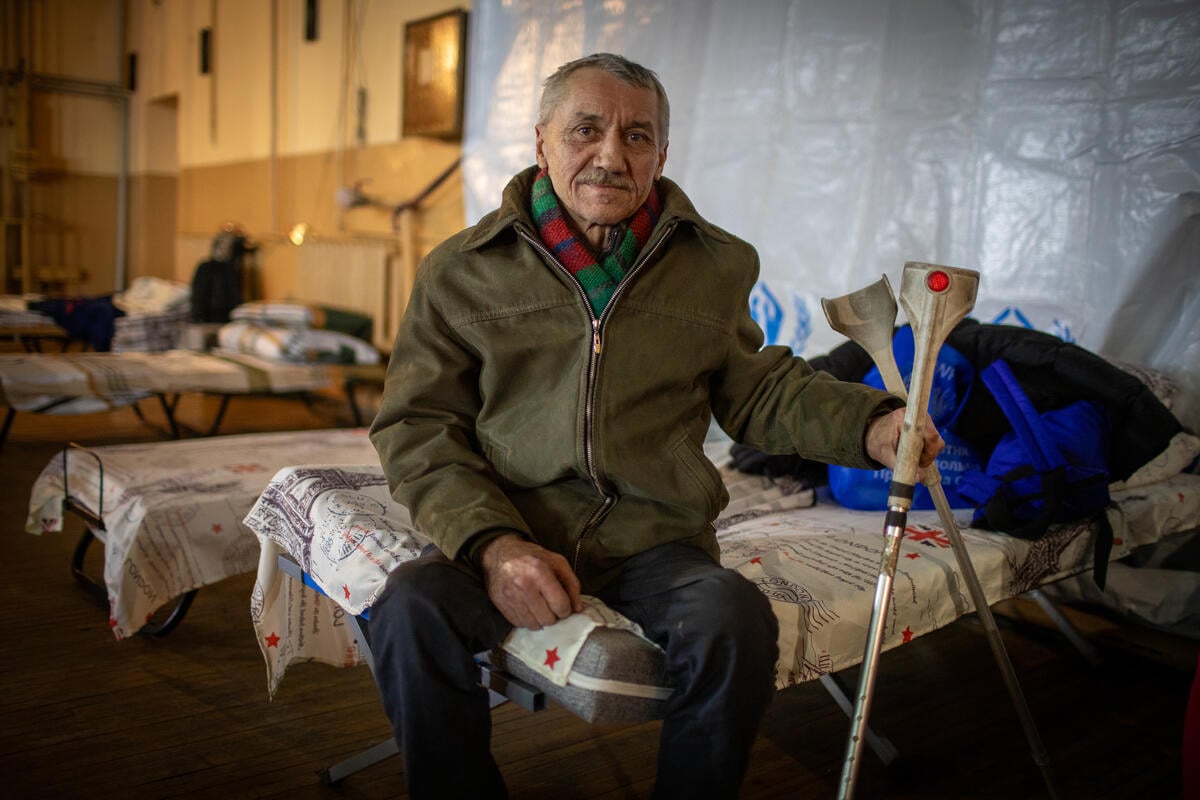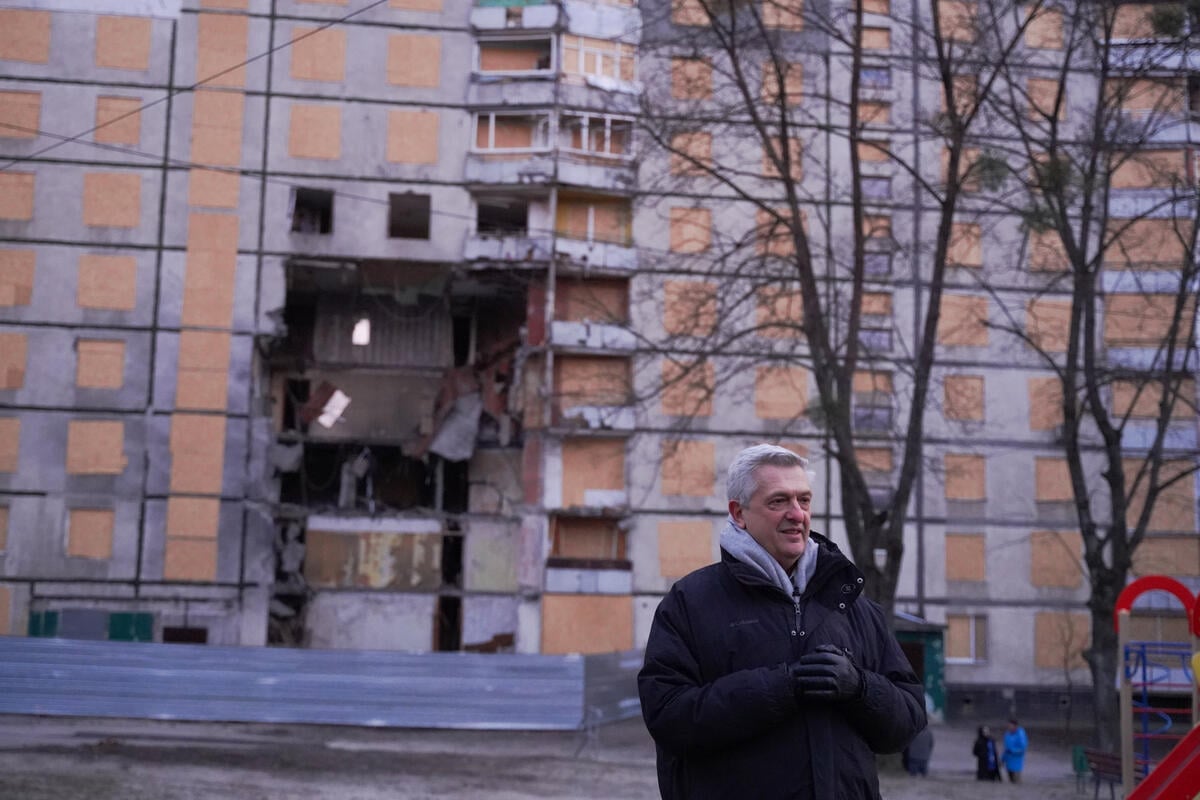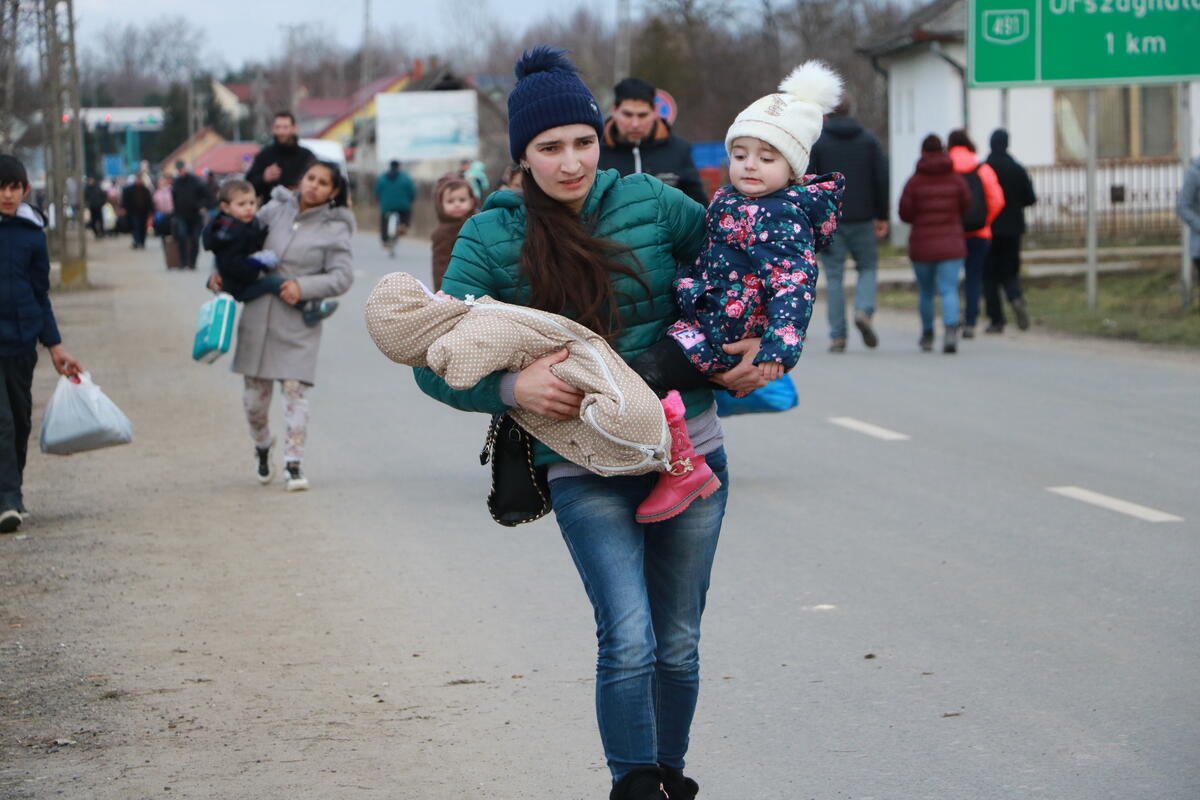A place for all refugees under India's welfare umbrella
A place for all refugees under India's welfare umbrella
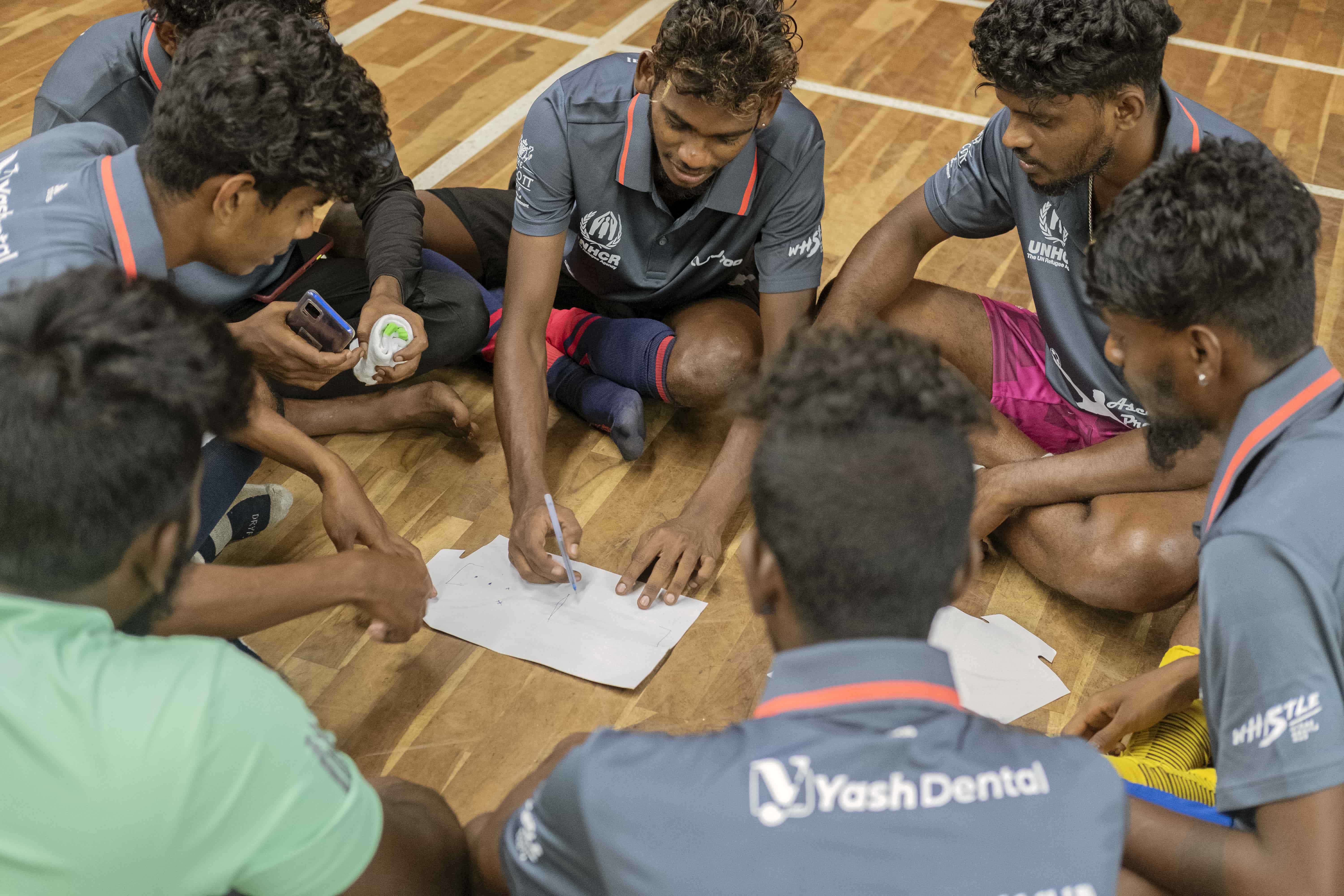
To read the published version in The Hindu Click HereLink is external
This month marks yet another annual “16 Days of Activism” against gender-based violenceLink is external, even as the world is faced with a global increase in reported domestic violence, child marriage, trafficking, sexual exploitation and abuse. The coup in MyanmarLink is external, a Taliban takeover in AfghanistanLink is external, and Russia’s invasion of UkraineLink is external — that have all occurred in the last 18 months — have each underscored the fact that women bear a disproportionate burden in conflict, especially those forced to flee their homes and seek refuge in other countries. Economic stressors resulting from COVID-19 exacerbate the situation. Important markers in gender equality and the protection of civilians have been reversed in many countries.
The global theme for this year’s 16 Days of Activism against Gender-Based Violence is “UNITE! Activism to end violence against women and girls”, a much-needed call to action that all of us must work towards, in order to ensure that we reverse gender and protection deficits. Uniting to end violence against women and girls and empowering them to stand up for themselves and their communities, and supporting men to become agents of change, must remain the priority. The 16 Days of Activism run annually from November 25, which is International Day Against Violence Against WomenLink is external, to December 10, which is International Human Rights DayLink is external.
How India has fared
I anticipate invigorated actions by all of us to support the global peace and security agenda, especially for the marginalised such as refugees and other displaced persons. The thought that I am writing this in one of the largest economies in the world, which has championed programmes based on the rights and the development of women and girls, suggests that we can all learn from how far India has progressed in protecting her daughters since Independence 75 years ago.
Indian women received universal suffrage during India’s independence in 1947. During the drafting of the Universal Declaration of Human Rights, India was instrumental in ensuring that gender sensitive norms were respected by changing the language from ‘all men are created equal’ to ‘all human beings are....’ India has also ratified key international conventions to end discrimination against women which include the Convention on the Elimination of all Forms of Discrimination against Women (CEDAW).
Women in India continue to make progress in all areas of human endeavours, including politics, science, business, medicine, sports and agriculture. Women have overcome “the glass ceiling” in the armed forces and can also serve as commanders since 2020. Today, India has the largest number of women in the United Nations peacekeeping forces, thus showcasing the equal role that women can play in conflict-emerging countries and territories. The central and State governments have launched new schemes, policies and programmes ranging from the welfare of the girl child to supporting aspiring female entrepreneurs, to empower both urban and rural women and promote gender equality. Women’s protection has also been enhanced with far-reaching access to comprehensive services, regardless of legal status. Marginalised populations, such as refugees, have access to these protection and assistance services. The ‘Nari Shakti for New India’ campaign represents the aspirations of millions of women in India, who not only participate but lead development initiatives — a clear display that women are leading from the front.
The case of refugees
What does this all mean for refugee women in India? There are over 2,12,000 refugees in India including those supported by the Government of India, more than half of whom are women and girls. India ensures that refugees can access protection services that are on a par with their fellow Indian hosts. For those refugees registered directly by the Government such as those from Sri Lanka, they are entitled to Aadhaar cards and PAN cards to enable their economic and financial inclusion; they can have access to national welfare schemes and contribute effectively to the Indian economy. However, for those registered with UNHCR, such as refugees from Afghanistan, Myanmar and other countries, while they have access to protection and limited assistance services, they do not possess government-issued documentation. Thus, they are unable to open bank accounts, benefit from all government welfare schemes, and are thus inadvertently left behind. Including all refugees in existing national welfare and economic schemes would ensure their effective inclusion in social protection systems aligned to India’s commitment to all women, their protection and empowerment, regardless of their legal status, and will ensure that no one is left behind.
A young refugee from Myanmar, whom I recently met, told me that she was the first lady in her entire community to enter a university in India. Like many other refugees who have benefited from national programmes, she is grateful to India and its people. Her determination and drive are catalysts to helping women overcome the hardest challenge. That is to influence and change attitudes, given that many barriers to women’s empowerment are attributed to patriarchal and patrilineal traditions that are deeply entrenched in many societies.
The commitment to prioritise gender equal programming by the Government of India is commendable and its resulting economic and social potential for women will build societal resilience to handle future shocks. As Prime Minister Narendra Modi recently observed: “The progress of humanity is incomplete without the empowerment of women”.
Oscar Mundia is Chief of Mission, UNHCR India and The Maldives.


